Tinnitus was described 2700 years ago in Mesopotamia, and 2400 years ago Aristotle suggested that sound therapy might be beneficial as a treatment for tinnitus. In the second century, Celsus suggested diet and herbal medicine for tinnitus. However, after 2400 years still no cure is found to silence the enigmatic phantom sound.
Why? Because research is too safe! Grant agencies mostly donate money to research that might generate certain, but small incremental steps. What patients who live today need is research that takes big steps, bold new approaches to silence tinnitus, not in 50 years but in a short time frame.
The Need for High-Risk, High-Gain Research
High-risk, high-gain does not mean high risk for the patients, but high risk that the research might fail, which is bad for the reputation of the researcher. But on the other hand, you cannot win the lottery if you do not play it.
High-risk, high-gain research also means that the potential for a breakthrough is higher. That is what venture capitalists specialize in. They typically expect that 80% of their investments fail, 20% return profits, and 10% delivers a homerun that drives the fund’s overall return.
This is where Tinnitus Quest comes in, providing grants to high-risk, high-gain research. But what is important to know is that this bold approach will inevitably result in 80% failed trials.
Is that bad?
No, just Like Elon Musk’s Space X learns from every failed launch of a rocket, tinnitus research will learn from every failed research project. But it requires money, money that permits us to fund such high-risk, high-gain research. The kind of research that otherwise would never materialize.
Will Tinnitus Quest Solve Tinnitus?
We do not know yet whether we will be successful, but what we do know is that the current approach of low-risk, low-gain research has not been beneficial for 2400 years, and that tinnitus researchers must start thinking like entrepreneurs, like venture capitalists. Now, they are allowed to do that thanks to the Tinnitus Quest grants. In our first round of funding, we will be disbursing three grants with a total value of $400,000.
However, a lot more research money is required to explore the many possibilities that could lead to finding a cure via high-risk, high-gain research. That is why fundraising remains our utmost priority. The more funding we raise, the more grants we can give out to exploratory research into new tinnitus treatments. As such, Tinnitus Quest grants shift the approach from low-risk, low-gain to high-risk, high-gain – a venture capitalist approach to tinnitus.




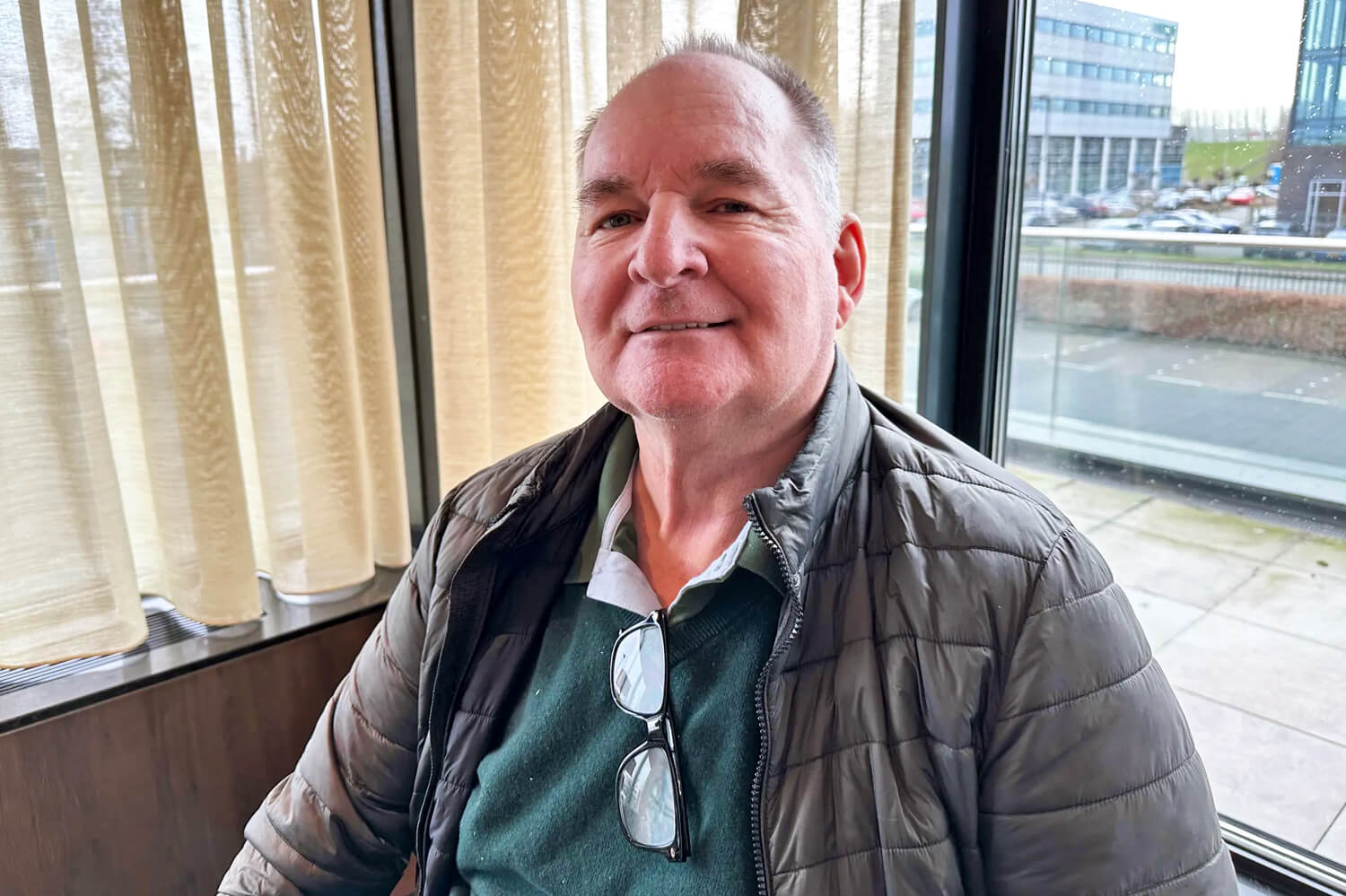

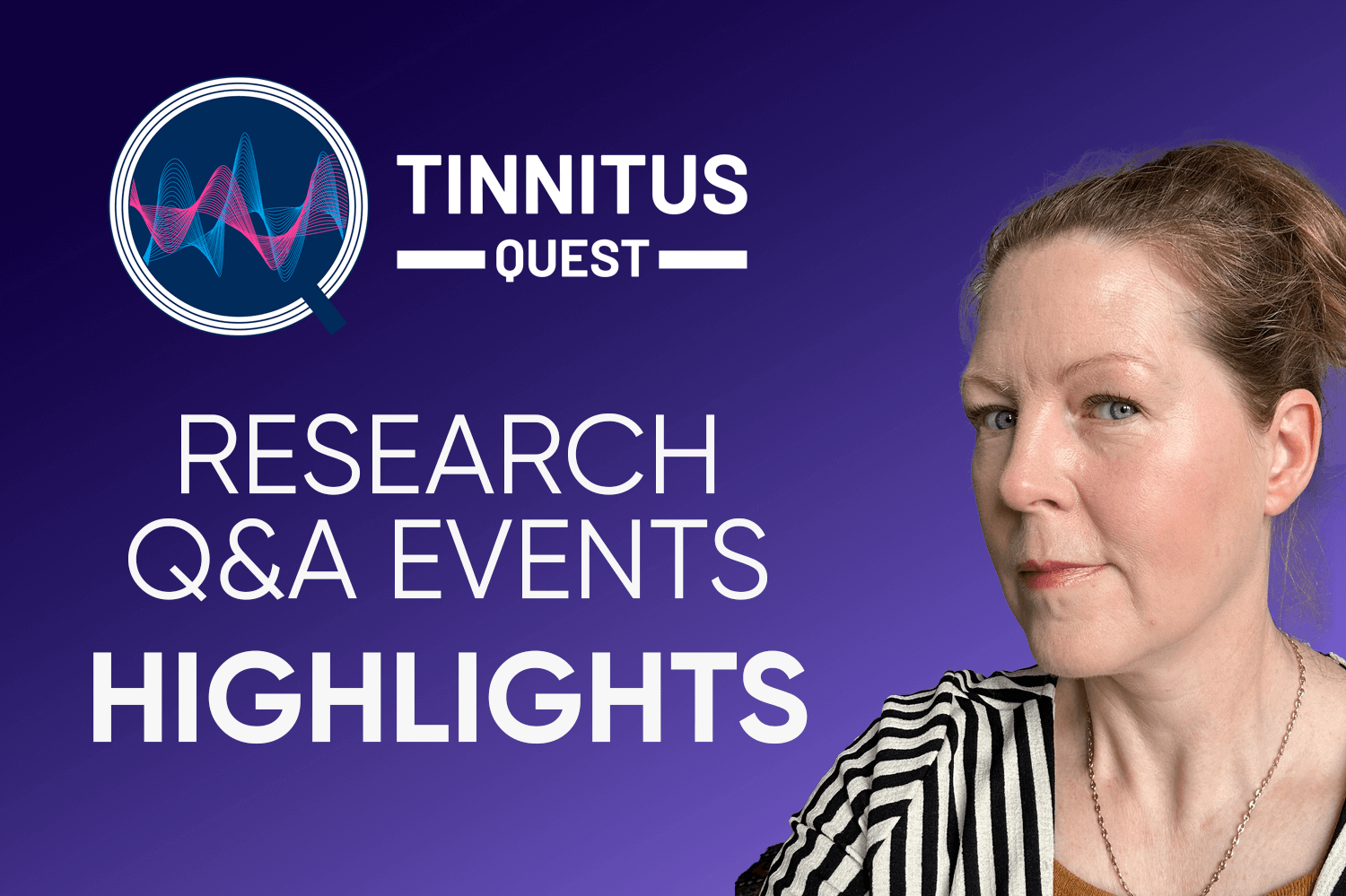
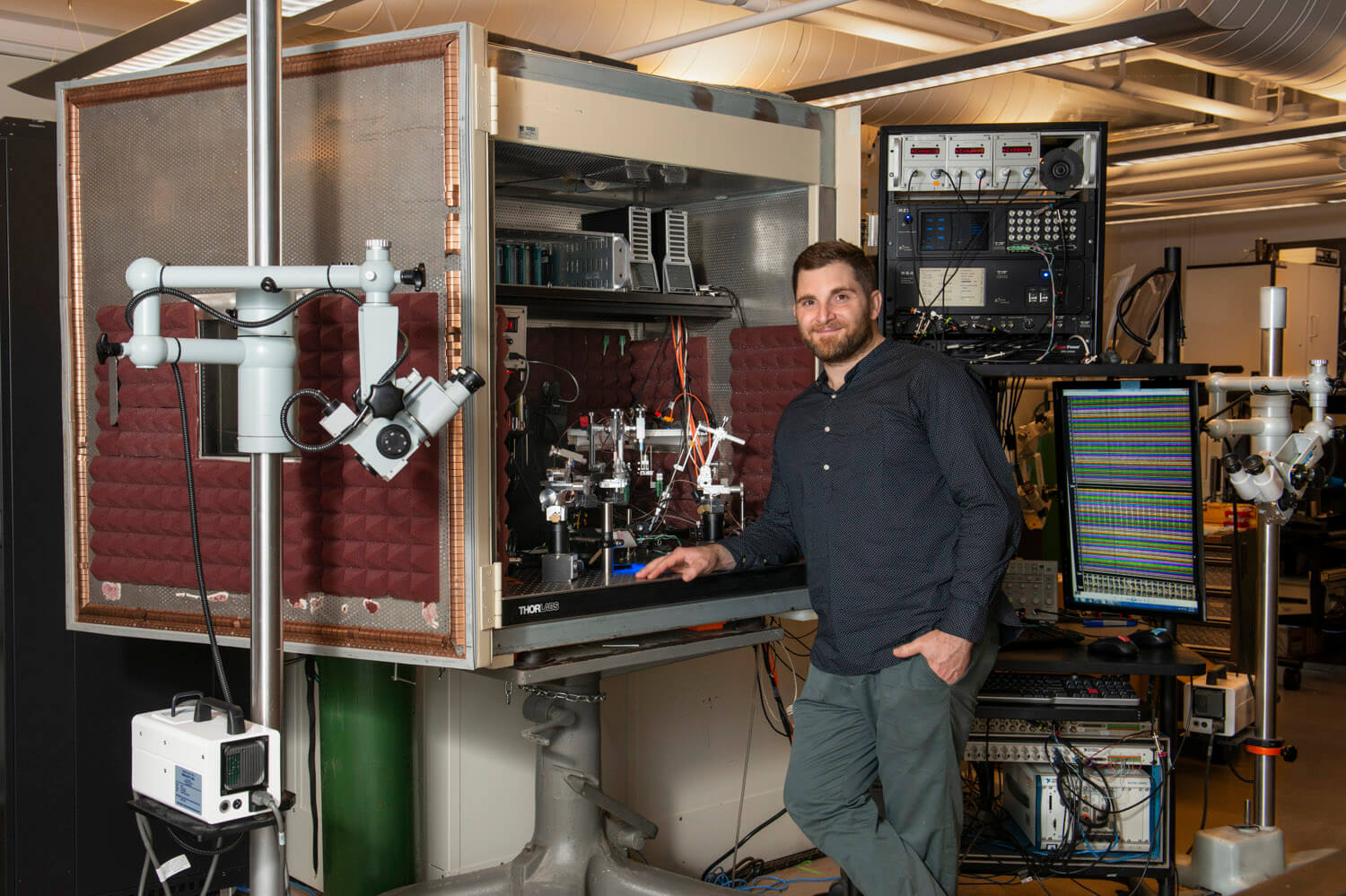

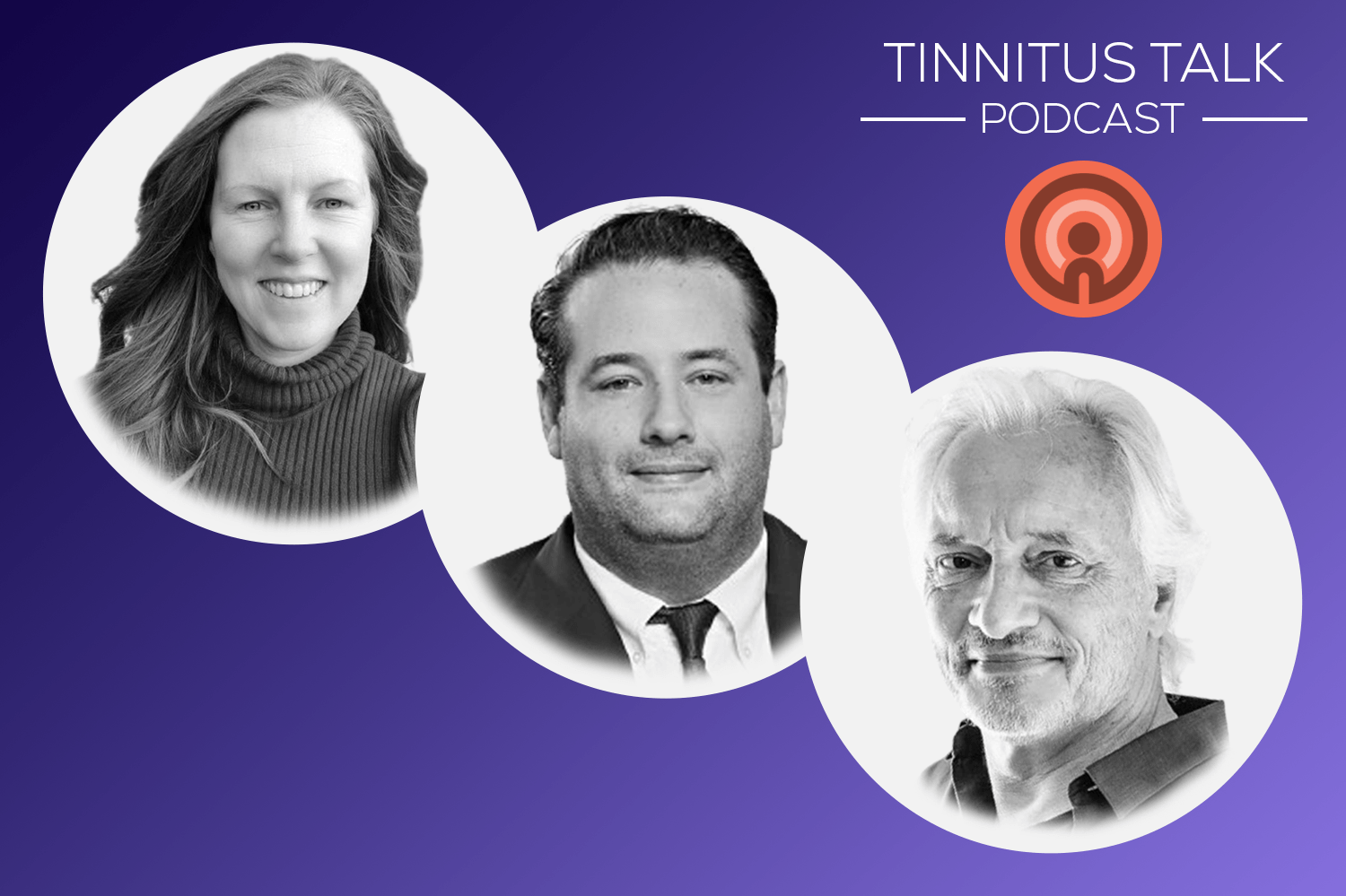
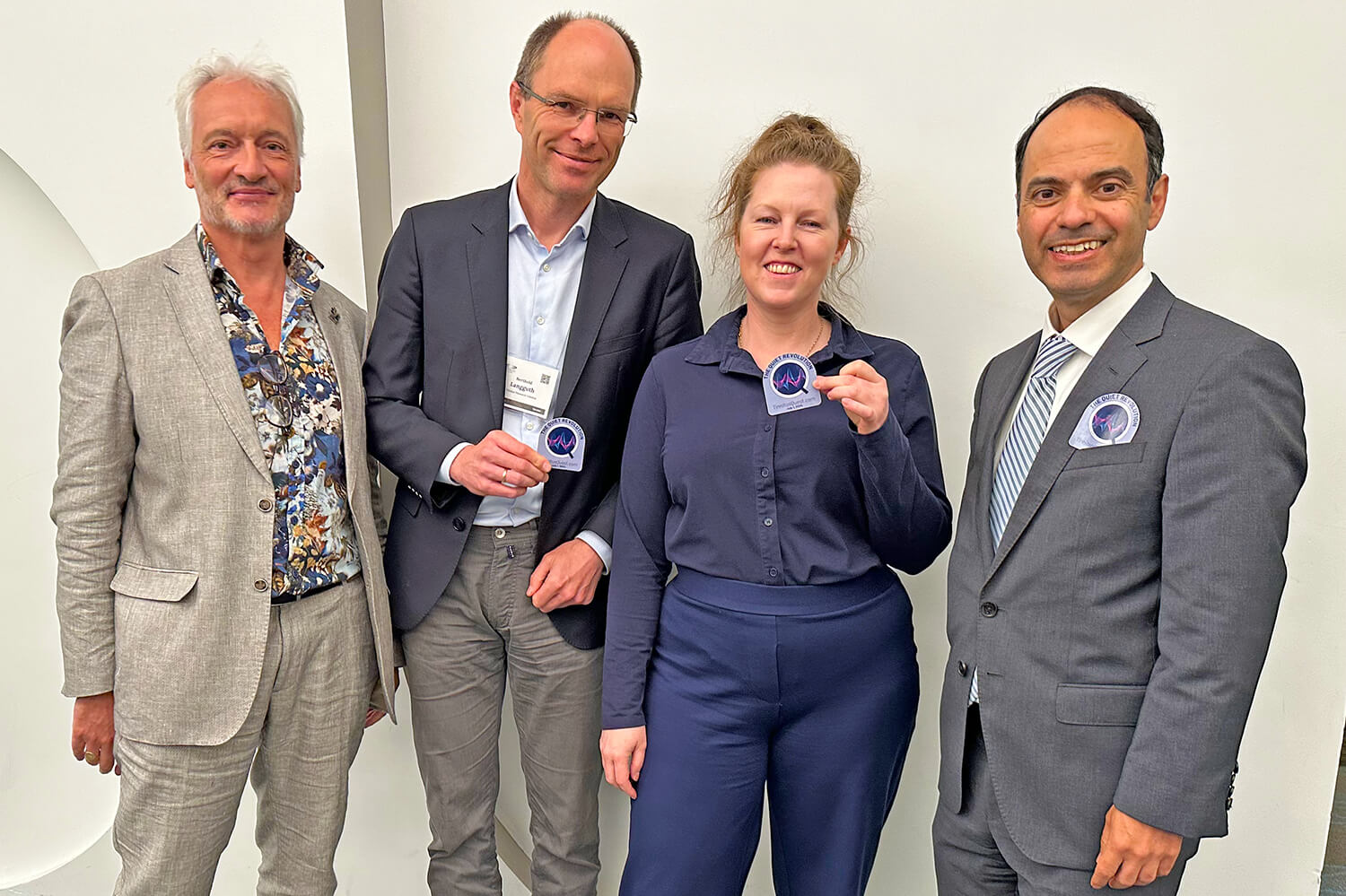

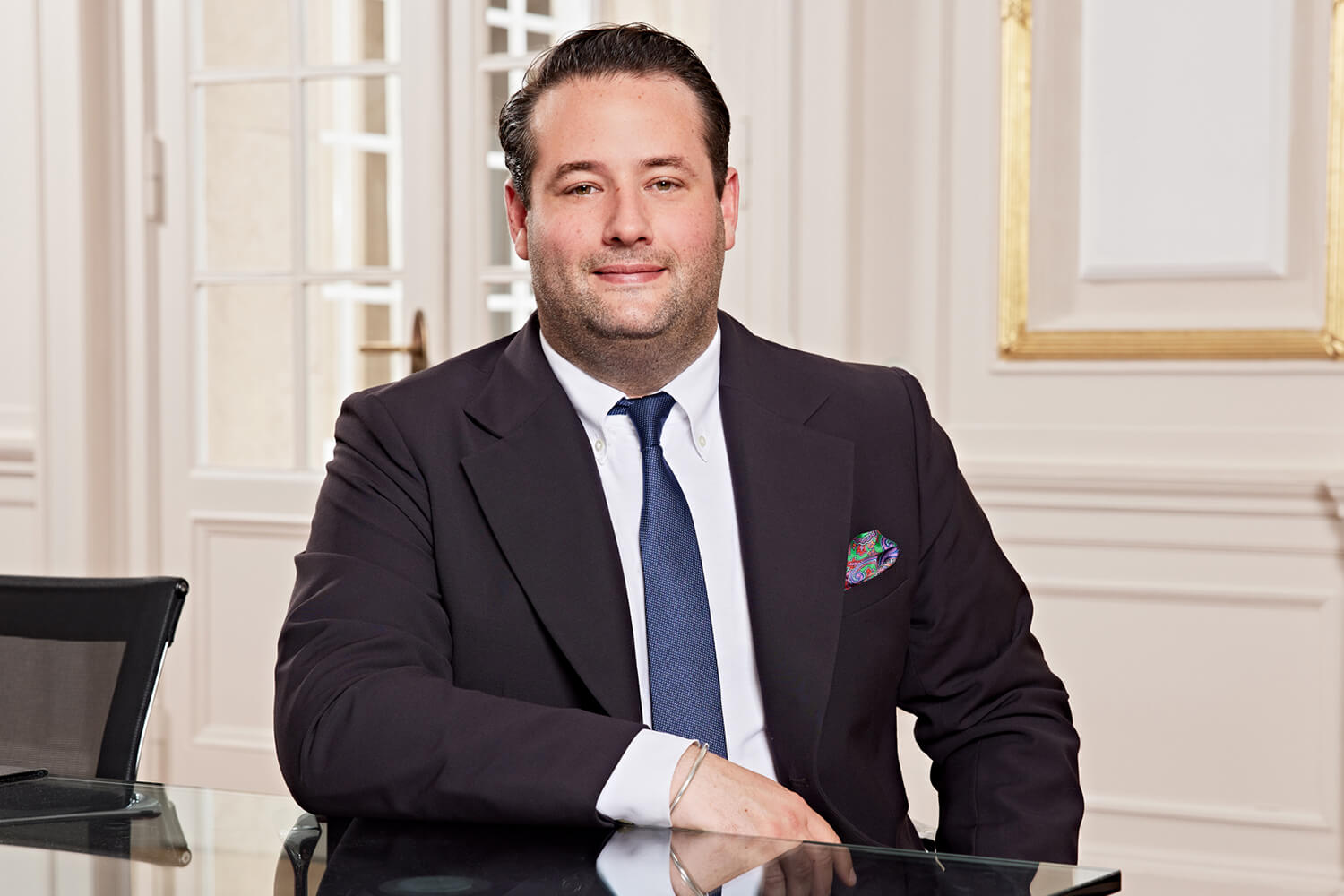
1 Comment
I always enjoy listening to Dr. De Ridder. He says it as it is and doesn’t sugarcoat anything.
With all that science knows about the workings of the brain, tinnitus remains a major problem. It’s hard for those of us who are not experts to understand why a cure hasn’t been discovered yet, or even a truly significant treatment.
Thanks to all of you at Tinnitus Quest, I feel we have the best chance of making progress toward much better treatments and, hopefully, a cure. At 66 years old, many of us would love to hear silence one more time.
God bless.